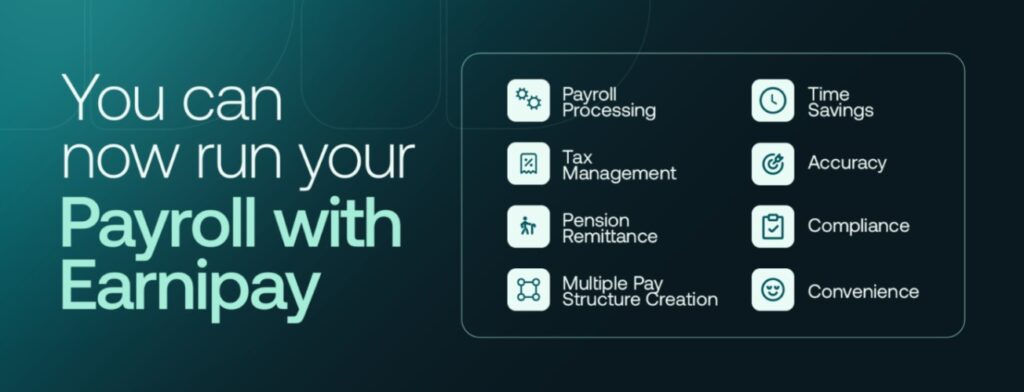Television has long been a source of entertainment, but it’s also a surprising wellspring of financial wisdom. After all, life imitates art. From reality TV to sitcoms to dramas, TV shows offer budgeting, investing, and economic decision-making lessons.
Whether for personal finance or our businesses, we walk away from many shows having learned something new, whether it’s something about the world, ourselves, or money management.
Here are some key financial lessons we’ve learned from popular TV shows:
From Bridgerton, a Healthy Saving Culture
In the Netflix hit TV adaptation, Bridgerton, one of the main characters earns a sizable income without having to depend on others (though this is a secret). Lady Whistledown has a rewarding career, as seen in her audience’s interest and the sales of her Society Papers.
The latest season sees Lady Whistledown take on a problem: Blackmail. However, she rises to the occasion, using the money saved from her sales for this emergency.
Though Lady Whistledown kept her money safe underneath the floorboards, we can all learn something about saving and emergency funds from her. The lesson here: Always have emergency funds in a safe, easily accessible savings account. You might like “The Art of Spotting an Emergency.”
In “Friends”, the Importance of Financial Transparency
Monica and Rachel’s struggles with rent and job stability show how important it is to be financially transparent with your housemate. In an earlier essay, we discussed how sharing financial goals is a testament to the depth of people’s relationships.
In “The One with Five Steaks and an Eggplant” (Season 2, Episode 5), Monica, Rachel, and Phoebe feel the strain of their different income levels when a group outing becomes financially uncomfortable for some.
This episode teaches viewers to communicate openly about financial expectations and to live within their means. You might like “The Art of Frugal Living.” From “Friends”, we learn how to talk about financial expectations or responsibilities with the people that matter to us and how to live within our means.
On “Shark Tank”, the Value of a Good Pitch and Financial Planning
“Shark Tank” provides valuable lessons on being a business owner and the importance of financial planning. Aspiring business owners can learn the importance of knowing their numbers, understanding their market, and presenting a clear, concise business plan.
Whether you plan on starting your own business or balancing your side hustle with your day job, shows like Shark Tank emphasizes the need for thorough preparation and realistic financial projections.
From “The Office”, Budgeting
“The Office” often shows Michael Scott’s lack of financial knowledge, especially in episodes where his impulsive spending leads to debt.
In “Money” (Season 4, Episodes 7 and 8), Michael’s troubles, which saw him take a second job to pay off his debts, highlight the consequences of poor budgeting. In contrast, characters like Dwight Schrute show careful financial planning.
The show highlights the benefits of budgeting and the pitfalls of poor financial decisions.
On “Game of Thrones”, The Cost of Power
While “Game of Thrones” might not seem like a typical source of financial advice, it shows the significant costs associated with power and war.
The Lannisters’ wealth and the Iron Bank’s influence remind viewers that financial backing can make or break kingdoms. The series illustrates the importance of managing resources wisely and the long-term impacts of debt.
As you know, A Lannister always pays his debts.
From “Gilmore Girls”, the Realities of Debt and Saving for Education
“Gilmore Girls” addresses the challenges of single parenthood and the financial strain of education costs. Lorelai’s struggle to afford Rory’s tuition at a prestigious school underscores the importance of saving for education and the realities of debt.
The show advocates for financial planning and the sacrifices required to achieve long-term goals.






Leave a Comment